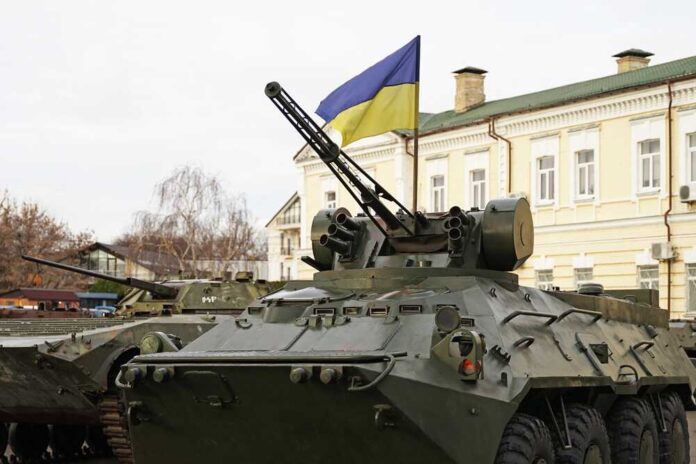In eastern Europe, the conflict in Ukraine continues to rage, with Russian and Ukrainian forces locked in a virtual stalemate in the armed battle for control of the nation. While Russia made fast territorial gains early in the conflict and threatened the Ukrainian capital of Kyiv in 2022, staunch Ukrainian resistance forced their military forces to abandon the northern and western regions of the country in the fall of that year and now the conflict has largely been focused on the eastern half of the nation. Ukraine launched a counter offensive in June of this year, and in recent days, conflicting reports have surfaced which allege that the attacks may be gaining momentum and causing alarm in the Kremlin.
Regardless, it is clear to most observers that the conflict in Ukraine has not gone as planned for Russia. Vladimir Putin had hoped that the military forces of his nation could achieve a swift, crushing victory over the Ukrainians early in the conflict, but this has been nothing but the case. Now, interlocked in a bloody, stagnant conflict, political pressure has begun to mount in the Kremlin. Early in the summer, a large contingent of mercenary soldiers under the Wagner Group led by Yevgeny Prigozhin marched towards Moscow, threatening rebellion and mutiny. In a matter of hours, though, the march was abruptly halted, and a deal was reached between Prigozhin and Putin which ended the power threat. Several weeks ago, Prigozhin mysteriously died in a plane crash.
Putin is vulnerable, and his grip on power may be at its weakest point in decades. Recently, a bill in the country was introduced to confiscate the property or assets of citizens within the nation that criticize the motives or actions of the Russian military. Russia’s parliament approved the proposed law that empowers authorities to take drastic actions. Ultimately, for a nation that once was a communist superpower, this move is not a surprise.


















